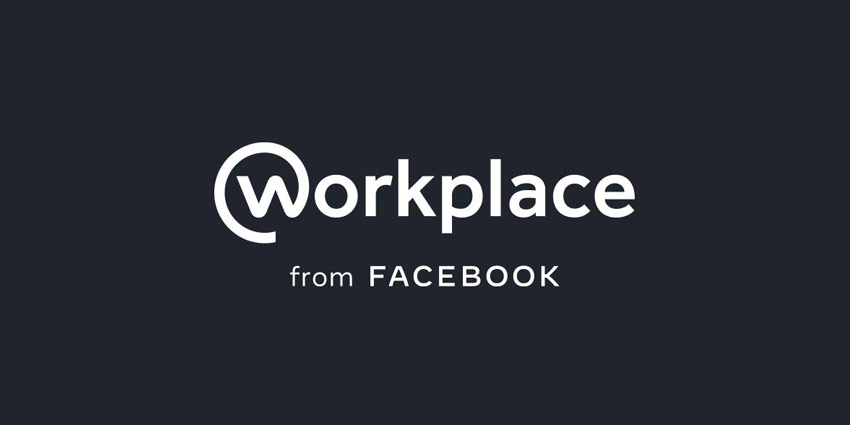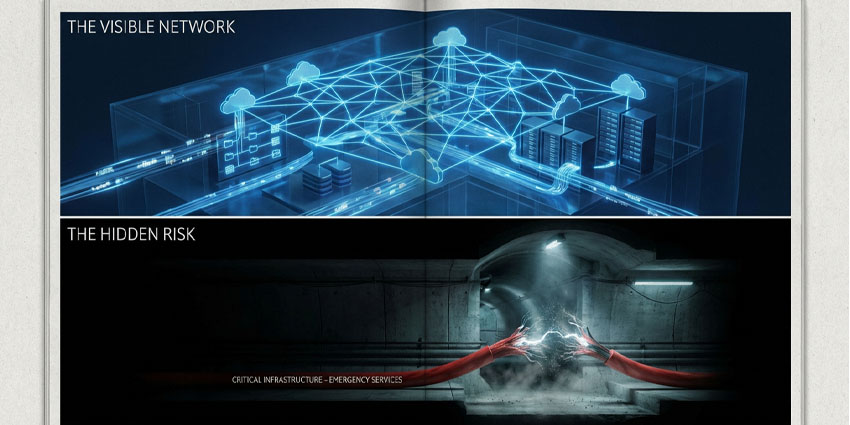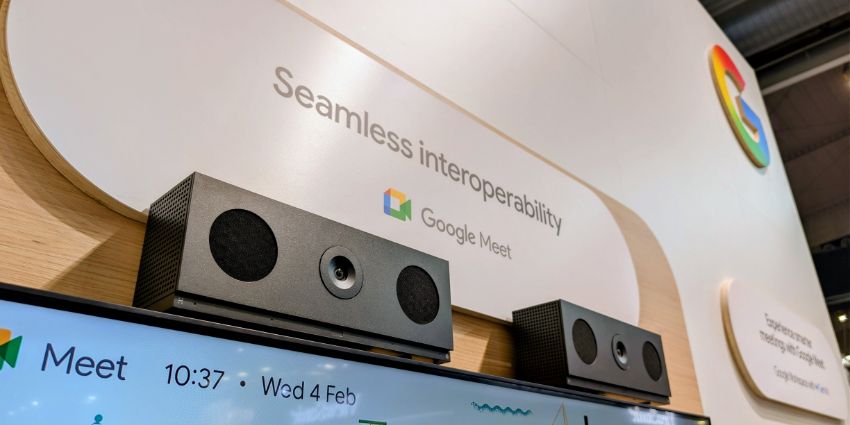The COVID-19 pandemic has had a huge impact on the way that all businesses are operating today. While concepts like remote and mobile work were already becoming more popular, an inability to operate in the standard office environment has accelerated plans for digital transformation. We’re not just planning for the remote working landscape anymore; we’re already there.

Tools like Workplace from Facebook, which provide a central collaborative environment for the distributed workforce are critical in this time. These solutions allow businesses leaders to stay connected with front-line and office workers alike, no matter where they might be.
I spoke to the VP of Workplace from Facebook, Julien Codorniou, to get his thoughts on the rapid evolution of the landscape, and what it means to the business world.
What Has the Impact Been Like for Workplace?
Julien Codorniou joined the Facebook team around nine years ago. Before that, he worked with Microsoft, giving him an excellent insight into the digital environment.
Today, Codorniou is responsible for all of the business teams, from customer success and sales, to finance. “I spend a lot of time making sure existing customers feel supported and showing the benefits of Workplace to new clients.”
His position in the Workplace from Facebook team has given Julien an excellent opportunity to see first-hand how the marketplace is changing. He told me that the first thing that happened, was existing Workplace customers started to need to rely more heavily on the tools.
“Workplace became mission critical overnight, as businesses needed new ways to engage with their employees”
At the same time, the number of people looking at Facebook’s Workplace solution for the first time increased too. “We had a lot of people knocking on our door, looking for ways to connect people who had never had a desk or an email address before.”
How Have You Responded to the Increase in Demand?
According to Julien Codorniou, the focus for the Workplace team recently has been on supporting new and existing customers alike in getting the most out of their collaborative experiences. “We’re responding to feedback and delivering new features as quickly as possible.”
Facebook’s Workplace offering has seen a massive influx in users over the last couple of months, just like other leading collaboration tools. Julien told me that the company had businesses calling them and saying that they needed to connect several thousand employees to the system over night.
However, because Workplace is based on Facebook, it can take millions of new users easily and quickly. “Workplace is also an excellent choice for businesses because their teams already know how to use it. That makes it easy to roll out to a team rapidly.”
Aside from making adoption as easy as possible for businesses of all sizes, Workplace has worked hard to respond to the demands and needs of new and existing customers. For instance, the company recently introduced a new library feature that would allow users to easily find static content, as well as “streaming” information usually shared in groups and newsfeeds.
“With COVID, the demand for static content was overwhelming, which is why we moved our decision to create this intranet-style solution forward. This was rolled into the product immediately, and like other updates to Workplace, there’s no extra fee or cost for it.”
The World Health Organization (WHO) use Workplace to keep staff connected, with Carey Kyer, Internal Communications Lead, WHO, saying:
“Thanks to Workplace, we are able to deliver real-time, essential updates to our staff on the COVID-19 outbreak. Workplace ‘ticks the box’ on our need to communicate, engage and connect real-time with our colleagues around the world, especially during this public health emergency of international concern. Our COVID-19 Workplace group is the second most-followed group at WHO. It’s become an easy-to-access channel for our staff around the world to watch the daily press briefings, staff seminars and to find resources, while providing an open forum for staff to ask questions and receive instant feedback.”
What Have You Learned about the Industry Lately?
I asked Julien Codorniou what kind of interesting things he and the Workplace team had learned about the industry during this complicated time. He told me that the biggest change or trend for him has been the rapid evolution of the way that we work.
“We’ve been catapulted into the future of work so quickly. It wasn’t supposed to happen this fast, but now we’re here, and I don’t think there’s going to be a way back. Connecting everyone in your team and making everyone is engaged has always been a competitive advantage. An informed employee is a better, happier employee. However, now, companies have been forced to embrace this new way of work like never before.”
Julien noted that today’s companies have had a unique opportunity to see for themselves how giving companies modern IT tools and ways to stay connected benefits the business. Every company offering collaboration and video tools today is seeing a massive acceleration in growth because they’re reducing the distance between people.
“We’re helping companies to embrace this new way of working because there’s really no way back.” That includes ensuring that the right tools are in place for today’s teams. For instance, alongside the new library functionality and Q&A features for teams, Facebook’s Workplace service also introduced a new way to check that employees are safe and “okay”. “Our new solution ensures that you can reach everyone in your company instantly, with a customised message.”
What’s Next for Workplace from Facebook?
The world of work has been forced to evolve at a record pace, and Facebook believes that there’s no turning back now that we’re here. I asked Codorniou what he thinks the focus will be for Facebook now, to help differentiate the company as a collaboration player. He told me that Workplace is continuing to concentrate on redefining what collaboration means in the business landscape.
“What’s happening now in the workplace is very interesting. We have a lot of people who have never had a desk or email address before, who need to connect to the rest of the team.”
“The SaaS market has expanded beyond the realm of office workers, to include everyone”
Workplace has always believed in giving all employees a better chance to be informed, connected, and identified int heir workforce. The company believes that redefining the market for collaboration tools will be even more crucial going forward.
Steve Clarke, Senior Manager, Communication Channels, Virgin Atlantic, explained how Workplace made a difference, quickly:
“We were able to deploy [Workplace’s] Knowledge Library in under a day to make sure our employees could stay informed about COVID-19. We use it to provide details on government regulations as well as specific policies and FAQs related to Virgin Atlantic. We also provide support resources for employees.”
Julien confirmed this by saying, “Everyone wants to be more informed and productive – not just the office and desk workers. Companies preparing to go back to work will need a way to connect with their entire team. People managing employees working at home will need to keep everyone in the loop.”
Julien told me that Facebook’s Workplace team has seen first-hand over the last couple of months that the mission they have and the product they’ve built is crucial for the way of work that we’ve been launched into.







